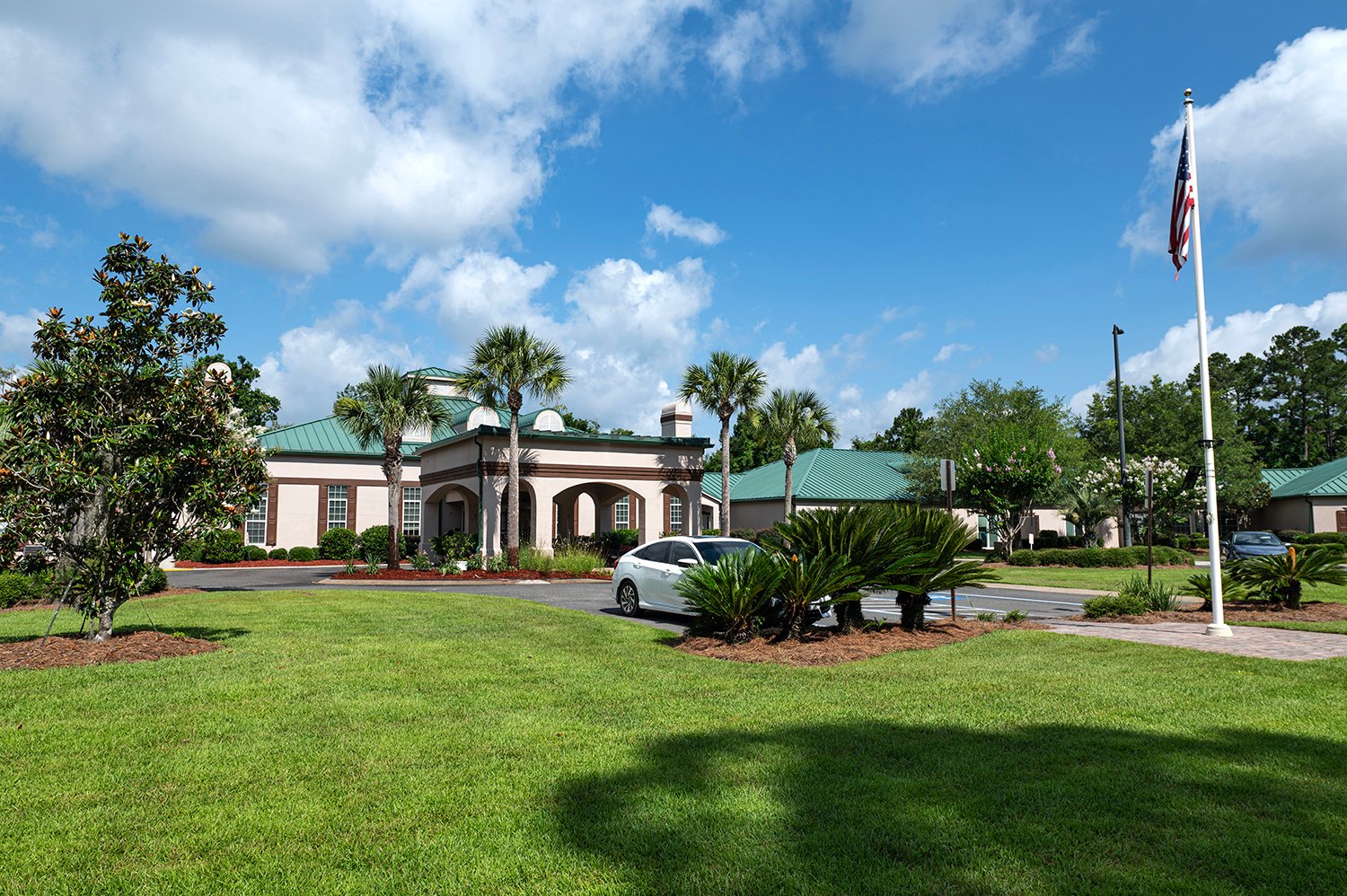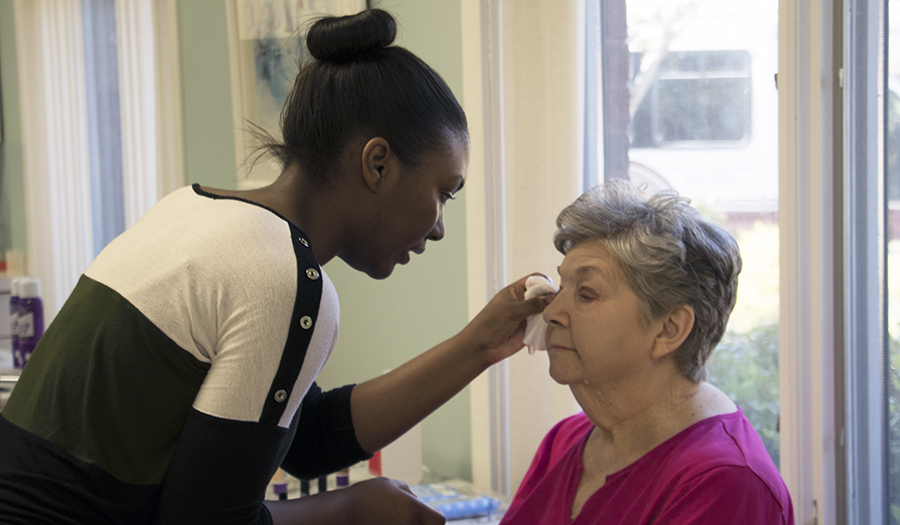Download our Free Guide:
Senior Living Explained
Learn what different types of senior living care are available and which one best fits your needs now and in the future.


%20.jpg?width=722&height=481&name=Americus%20RC%202025%20NALW%20Casino%20Night%20(1108)%20.jpg)
Our skin is the largest organ on our body. It protects us from a host of “invaders” and helps to regulate our body temperature. Wrinkles and age spots are some common skin changes we might notice as we get older. However, there are much more serious hazards for our skin that increase as we age.
Following are three issues that can be especially dangerous or troublesome for seniors, along with advice for mitigating those risks:
 As we age, we lose oil and sweat glands that help keep our skin moist and supple. Dry, scaly, itchy skin results. When seniors cannot resist the urge to itch, dry skin can also lead to dangerous skin infections.
As we age, we lose oil and sweat glands that help keep our skin moist and supple. Dry, scaly, itchy skin results. When seniors cannot resist the urge to itch, dry skin can also lead to dangerous skin infections.
To stave off dry skin and protect fragile senior skin, try these simple tips with your senior loved one:
More than 25% of seniors over the age of 65 suffer from diabetes. Type 2 diabetes affects the body’s ability to heal and regenerate, which can lead to slow-healing cuts and bruises. More dangerously, seniors with type 2 diabetes are at an increased risk of dangerous skin infections and other skin complications.
These tips can help manage or even prevent type 2 diabetes (be sure to talk to your loved one’s doctor if you’re concerned about type 2 diabetes):
%20LR.jpg?width=391&height=261&name=2025%20Mothers%20Day%20Feature_Americus%20IL_Linda%20Wellons%20(9689)%20LR.jpg) Be active. Regular exercise is critical to prevent (or help manage) type 2 diabetes. Even just a daily walk is enough to make a profound difference.
Be active. Regular exercise is critical to prevent (or help manage) type 2 diabetes. Even just a daily walk is enough to make a profound difference.Skin cancer disproportionately affects seniors who have spent their lives out in the sun, and the effects are cumulative. In many cases, it takes decades for skin cancer to develop. When it does, the mortality rate for melanoma in seniors is alarmingly high.
When caught early, many forms of melanoma are highly treatable. Keep these tips in mind:
.jpg?width=391&height=261&name=St.%20Marys%20-%202025%20Grill%20%26%20Gathering%20Event%20(4303).jpg) Wear sunscreen. Although any past damage is done, it’s important to wear sunscreen whenever your senior loved one is outside. Aim for an SPF of 30 or higher. Reapply every two hours, or more frequently if the skin becomes wet.
Wear sunscreen. Although any past damage is done, it’s important to wear sunscreen whenever your senior loved one is outside. Aim for an SPF of 30 or higher. Reapply every two hours, or more frequently if the skin becomes wet.At Magnolia Manor, we are committed to caring for our residents’ physical, mental, spiritual, and social needs. Contact us at 1-855-540-LIFE(5433) to learn more about options at our eight campuses across southern Georgia.
Learn what different types of senior living care are available and which one best fits your needs now and in the future.
